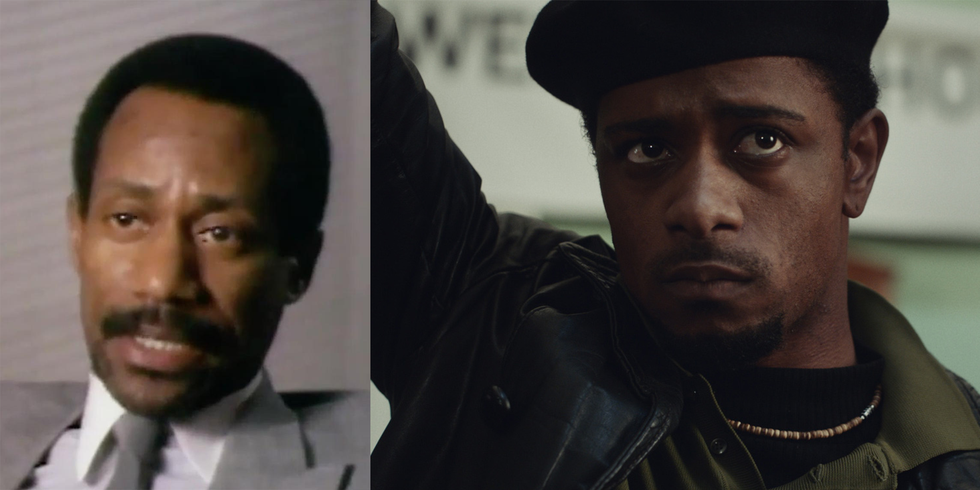
New Film Uses Material from “Eyes on the Prize”
Henry Hampton’s Blackside, Inc. interviewed William O’Neal on April 13, 1989, for Eyes on the Prize: America at the Racial Crossroads 1965-1985. O’Neal was a member of the Chicago Black Panther Party and an FBI informant.
The information O’Neal supplied the feds played a role in the December 4, 1969, raid by the Cook County State Attorney’s police officers who shot and killed Panthers Fred Hampton and Mark Clark.
Eyes on the Prize: America at the Racial Crossroads 1965-1985 was broadcast nationally in early 1990 on PBS and was the follow-up to the first part of Hampton’s acclaimed series, which originally aired in 1988. The Washington University Libraries are making the entire full-length interview with William O’Neal available for the first time.
The interview was included in the sixth episode of the series, “A Nation of Laws? 1968–1971,” which focused on the government’s violent reprisal against the Chicago Black Panther Party and the Attica uprising. The episode was produced and written by Terry Kay Rockefeller, Thomas Ott, and Louis Massiah.
The interview with O’Neal was used in the film Judas and the Black Messiah, which opened in theaters on February 12 and can be seen on HBO Max through March 14. The film chronicles O’Neal’s betrayal of Hampton.
The digitization and restoration of the interview was made possible through a grant from the National Endowment for the Humanities to preserve all 183 interviews that Blackside created for the second part of Eyes on the Prize. These interviews will be online later this spring. We are providing this interview with O’Neal as a precursor to this larger digital archive to come.
Among those 183 interviews are nine more that discuss Chairman Hampton to a significant degree. This includes interviews with Black Panther Party members Bobby Rush, Bobby Seale, Akua Njeri (then going by the name Deborah Johnson), and Elaine Brown; human rights lawyer Flint Taylor, who represented the Panthers in the legal cases following the December 4 attack; the Reverend Jesse Jackson, whose Rainbow Coalition was inspired by the work of Chairman Hampton to find common cause with other oppressed communities in the city; Chicago housing activist Marion Stamps, and more.
While the video of the interviews are not online yet, the transcripts are, and they can be found through the following links: Eyes on the Prize Series I and Eyes on the Prize Series II.
